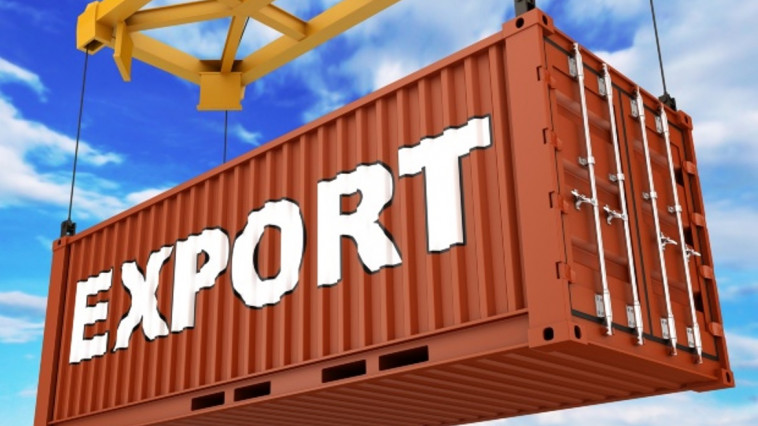Moldova’s exports to EU at about 64% of total exports

Moldova’s exports to the European Union during the first two years of the implementation of the Deep and Comprehensive Free Trade Agreement between Moldova and the EU (DCFTA) rose to about 64% of the total exports.
According to Deputy Prime Minister and Minister of Economy Octavian Calmac, despite different fluctuations, the supplies of Moldovan textiles, processed products from different areas of the building sector, machines and equipment, grains, alcoholic beverages, fruit and vegetables have the European market as the main destination. During these two years, exports to the EU grew by over 13%, while to other markets declined by more than 25%.
The data were presented in a summing up conference entitled “DCFTA: Two Years of Implementation. “The EU market is a solution for saving Moldova’s exports and the economy in general,” stated the minister of economy.
Speaking about other accomplishments, the official said changes were made to the legislation and the list of authorizing documents was shortened by over 25%. A moratorium was instituted on state inspections, while the inspections at small and medium-sized companies were made consultative in character for a three-year-period.
Net investments in the first quarter of this year came to over US$35 million, a 1.1 time increase compared with the fourth quarter of 2015. The joint companies and companies with foreign capital accounted for about 23% of the total investments made in the country.
Speaking about the anticipated long-term benefits of the DCFTA, specialists of the Ministry of Economy said an additional growth of 5.4% in the GDP is expected. Also, Moldova’s balance-of-trade is projected to improve based on a 16% rise in exports to the EU and an 8% increase in imports from the EU.
Attending the event, Head of the EU Delegation to Moldova Pirkka Tapiola said the implementation of the DCFTA will really contribute to strengthening and developing Moldova’s trade, to creating new jobs and attracting investments and to implementing a broader set of reforms in the economy.
By signing the DCFTA, which is a component part of the Moldova - EU Association Agreement, the country pledged to do reforms in the energy and commercial policy sectors with a view to harmonizing the national legislation with the Community acquis.
Source: IPN














